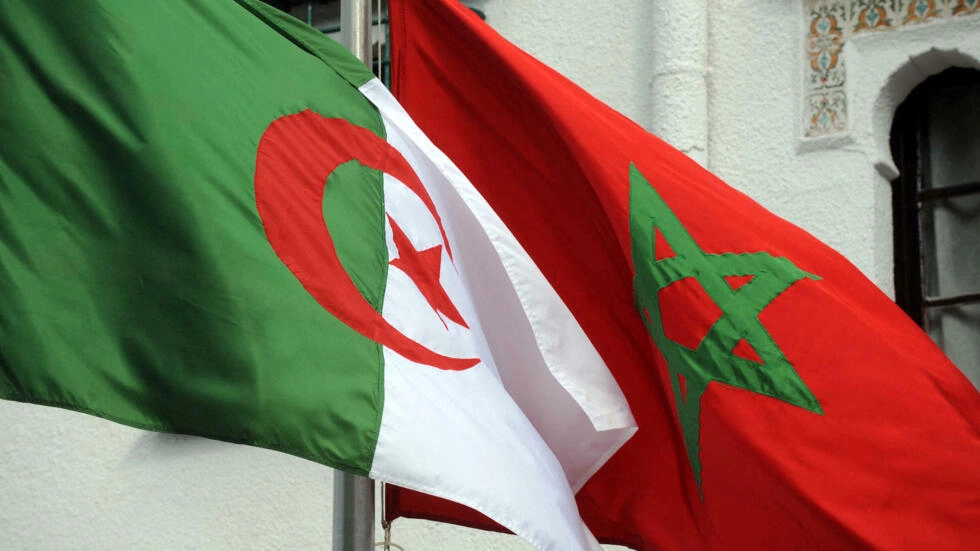Algerian cinema, which had its hour of glory in the 1970s before a long period of decline, is looking for a new impetus, but the authorities are blowing hot and cold on the future of the 7th art. In the 1960s and 1970s, Algeria had 450 cinemas – compared to a few dozen
Today, a renowned film library and a quality production, crowned in 1975 by a Palme d’Or at Cannes for the film Chronicle of the Ember Years of Mohammad
Lakhdar-Hamina.
From the 1980s, this hydrocarbon-rich country saw its cinemas, its industry, and its talents gradually disappear under the combined effects of political instability and the economic crisis.
A decline that accelerated during the “black decade” of civil war between the government and Islamist groups (1992-2002), with the departure of many professionals and new closures of theaters, portrayed by some extremists as “places of debauchery.”
During this dark period, “diaspora filmmakers, like Nadir Moknèche or Rachid Bouchareb, filled the void by making stories about Algeria,” says Ahmad Bedjaoui, producer and critic considered the Algerian “Mr. Cinema.”
Recently, President Abdelmadjid Tebboune displayed “his political will and determination to support cinema”, according to Mr. Bedjaoui, by creating last December a “National Authority” to stimulate film production, and film shootings in Algeria and promote local talent.
But on April 2, Parliament passed a law threatening prison time for any producer whose works violate religion, the history of the War of Independence, or morals. “A law of shame” for director Sofia Djama.
“Yesterday the press, today the cinema, tomorrow literature, painting, and any form of creation that does not suit them, will be censored,” she reacted on Facebook.
An example of tensions within the government around the film industry is Bachir Derrais’ film on Larbi Ben M’hidi, a hero of the liberation war (1954-1962) killed by the French army, suffered blockages and bans for six years before finally being previewed in Algiers on March 4.
“A country of cinema”
We should “give a little more freedom to filmmakers”, recommends Ahmad Bedjaoui, also noting that “Algerian cinema is rich in its talents and poor in its means”.
A new generation is emerging but often has to go out of its way to release a film. Like the 39-year-old director Amir Bensaïfi, they met at the end of 2023 during a festival in Bejaïa (East).
“I didn’t have any financing, it’s self-production. On my film, there are lots of professional Algerian technicians who believed in the project and who are all producers,” he said.
His colleague Imène Ayadi, 34, found his financing in France but “filmed in Algeria in Arabic, with Algerian technicians and actors”.
Fouad Trifi, assistant director and co-founder of the first Algerian casting agency, is convinced that Algeria remains “a country of cinema”.
“There is an energy, a desire. There is an audience. We see it through festivals” with full houses, he emphasizes.
There is a “glaring shortage of theaters”, which leaves cinema in an “embryo state, confined to preview screenings”, says director Bachir Derrais.
Critic Ahmad Bedjaoui recommends “investing in multiplexes” and “building new theaters” to revive the sector.
The first complex of 990 m2 comprising four rooms opened in August 2023 in Cheraga, in the suburbs of Algiers, within a shopping center. In six months, he achieved a turnover of 90 million dinars (more than 620,000 euros), according to his manager Riad Aït-Aoudia.
“This is the first cinema of this scale,” assured Rym Khaldi, communications manager for a group wishing, according to her, to “promote Algerian films” for greater “cultural influence” of national cinema.














